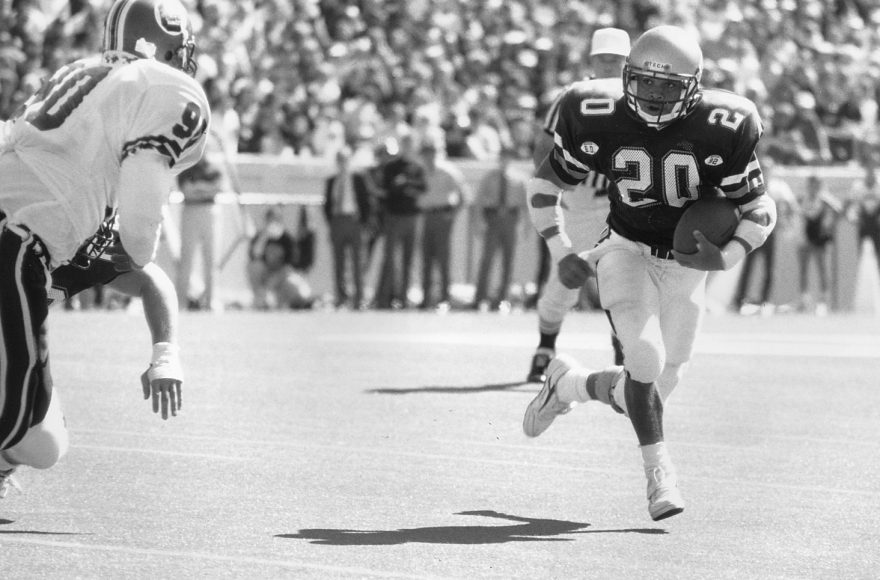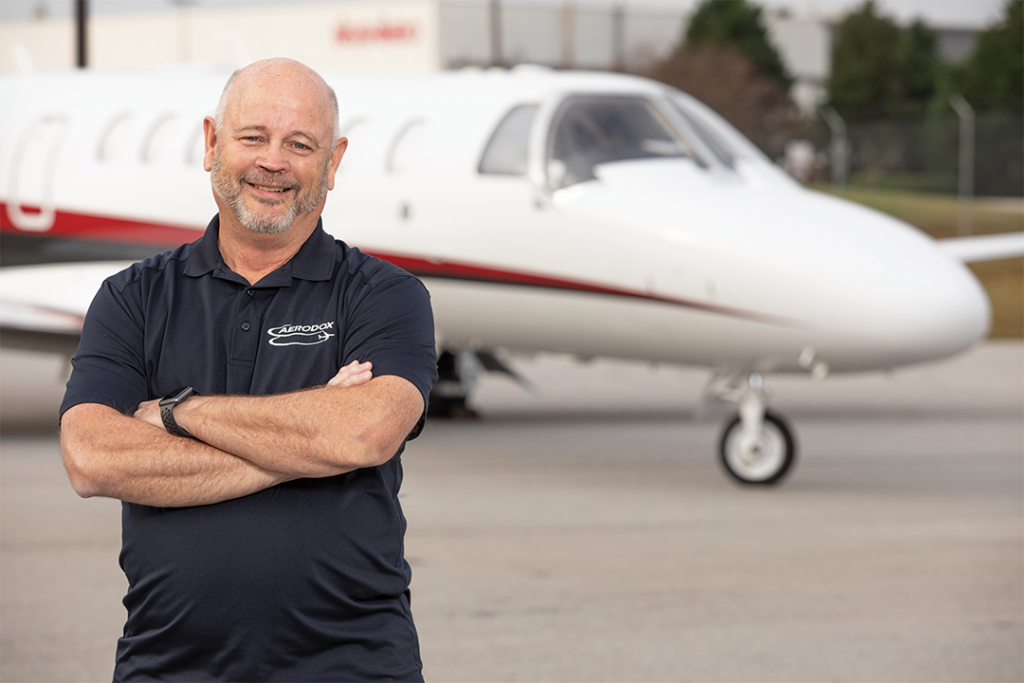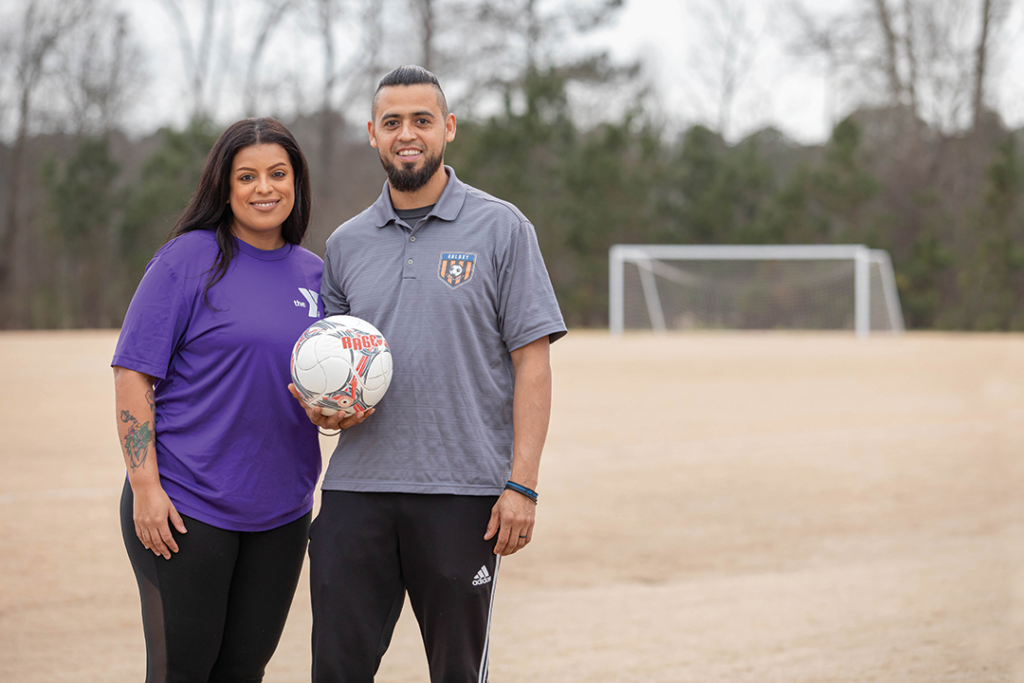Once a star running back at Georgia Tech, Jerry Mays discovered a career in banking through a series of divine appointments and eventually settled in Newton County with his wife and two children.
The once-deafening roar of the crowd has grown inevitably faint, the once-blinding glare of the lights invariably dim, as Jerry Mays navigates the maze of middle age. However, memories of past glory remain as sharp as ever for the married 52-year-old father of two. As the unassuming Mays emerges from his office at the Ameris Bank branch in Covington, few could peg him as a man who once ran roughshod on Atlantic Coast Conference defenses at Bobby Dodd Stadium in Atlanta and went on to enjoy a cup of coffee in the National Football League.
Behind the neatly pressed suit, affable personality and welcoming smile hides the razor-sharp focus that made him a terror on the gridiron.
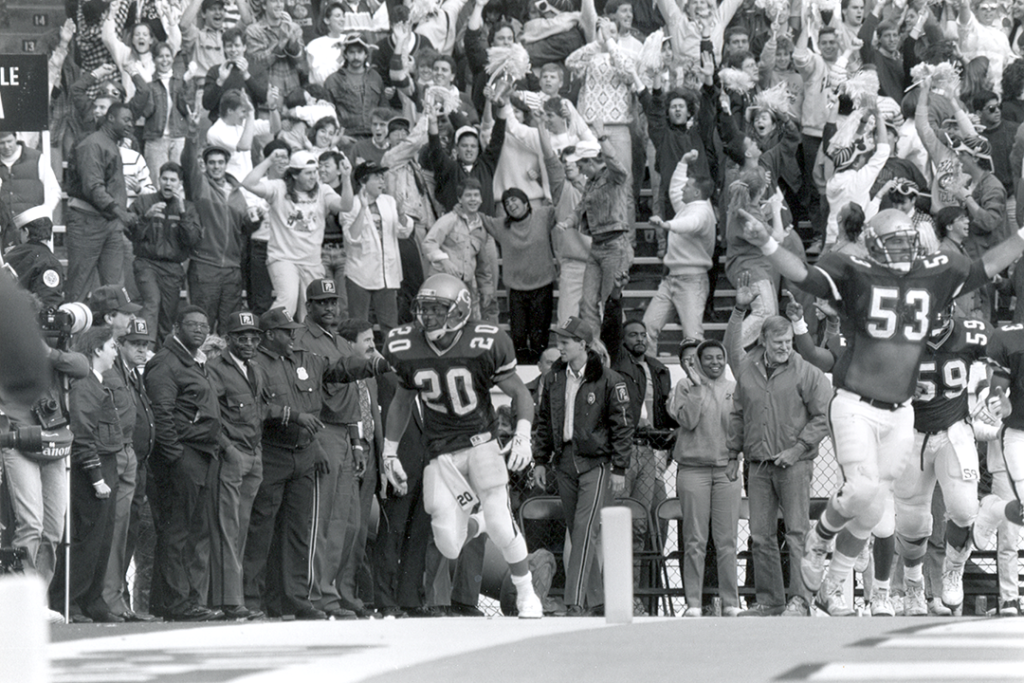
Mays was an otherworldly running back at Thomson High School, where he set a single-season school record with 2,369 yards rushing, scored 33 touchdowns and led the Bulldogs to the Class AAA state championship in 1984. Despite the overwhelming success he enjoyed at the prep level, Division I schools were hesitant to put pen to paper when it came to offering Mays a scholarship, his 5-foot-7, 170-pound frame perhaps to blame for their caution. It was a frustrating process for a recruit who had outrushed every other player in the state of Georgia as a senior. A visit from a Western Carolina University coach marked a turning point.
“He was one of those coaches that said, ‘Hey, we don’t think you can play running back in our division, but we would like for you to come as a wide receiver,’” Mays said. “My head coach, Luther Welsh, was there in the meeting, and when the coach from Western Carolina said that, it made him stand up and say, ‘This conversation is over.’”
“When I’m faced with different obstacles, I feel like I’m not impacted like most people because of my belief system and where I know I get my strength and where I know I can get my answers.”
Georgia Tech Hall of Famer Jerry Mays
Unbeknownst to Mays, Georgia Tech head coach Bill Curry was seated in a nearby room. He met with Mays and his family, laid out his plans and offered the running back a scholarship.
No other Division I school followed suit. Mays accepted, the proverbial chip having taken up residence on his shoulder. “I was very disappointed [no other schools were interested],” he said. Nearly four decades later, with the benefit of hindsight, Mays can see a higher power at work. “It’s a blessing because if I had some of those opportunities, maybe I would not have chosen Georgia Tech,” he said. “Georgia Tech was never really on the top of my list, but it worked out. It was a great fit.”

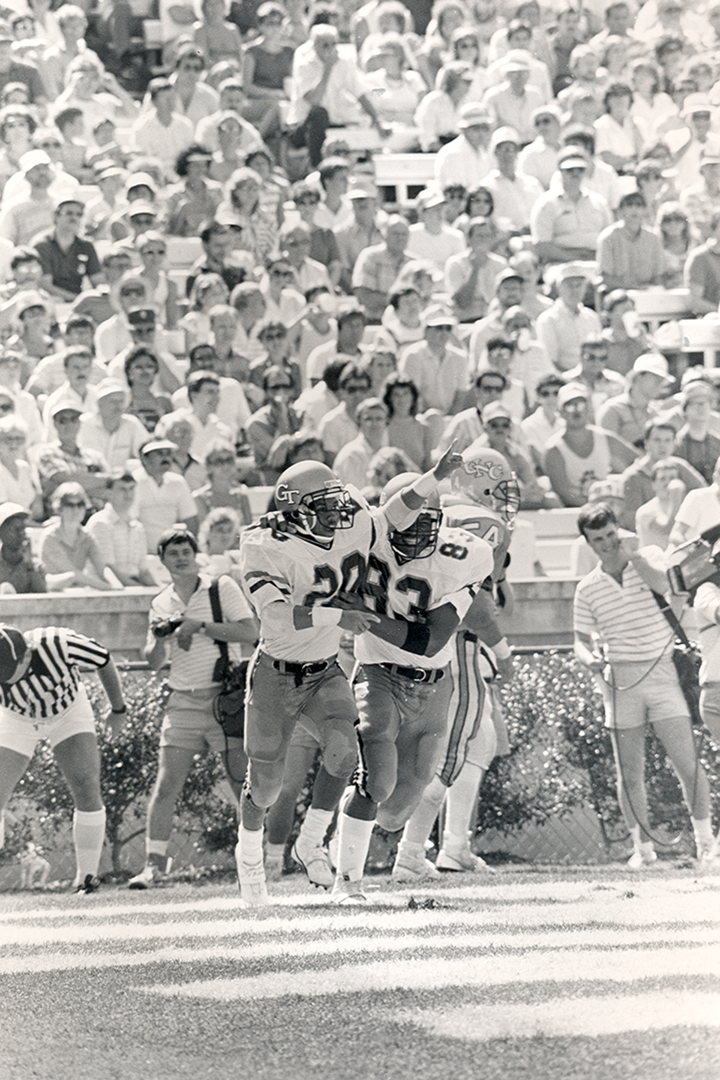
Mays enjoyed a remarkable career with the Yellow Jackets. He was named ACC Rookie of the Year in 1985, as he rushed for 566 yards and three touchdowns. Mays then ran for 842 yards and seven touchdowns as a sophomore, but a serious knee injury—he suffered a torn ACL and a partially torn meniscus—required reconstructive surgery and forced him to sit out the entire 1987 season as a medical redshirt. Back on the field a year later, he found another gear, rushed for 942 yards and scored nine touchdowns. However, his best was yet to come. Mays emerged as one of the top running backs in the country as a senior, as he ran for 1,349 yards—the eighth-highest total in the nation—and eight touchdowns on 249 carries.
From there, Mays signed with San Diego as an undrafted free agent in 1990 and spent two games with the Chargers before being released. He never played another down. Mays was inducted into the Georgia Tech Athletics Hall of Fame in 1997 and still ranks second on the school’s all-time list with 3,699 yards rushing.
Though his football career came to an unceremonious conclusion, Mays had unknowingly laid the foundation for his next pursuit while he was a student at Georgia Tech.
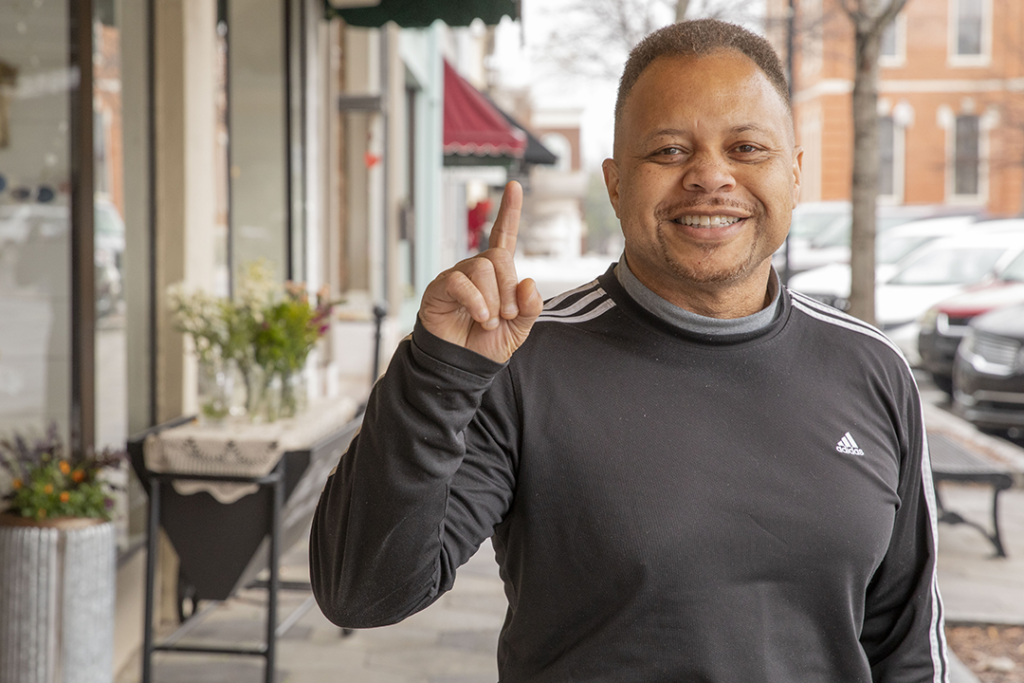
“I was in my third or fourth year there, and they administer—it’s not a test—something that determined your strengths and weaknesses,” he said. “It kind of came back that, ‘Hey, I like numbers and all this kind of stuff.’ Talking with my academic advisor at that particular point, he said, ‘You know Jerry, based on where your strengths lie, a career in banking, a career in some type of financial environment, probably will be a good fit for you. For the first time, that kind of gave me some direction in which to look once I was done [playing football].”
Two of his professors pointed him in the right direction, providing guidance for which he remains eternally grateful. Once again, Mays sensed divine intervention was at play in his life. He accepted his first job in the banking industry in South Carolina in 1990, later relocated to Lithonia and in December 2000 settled in Covington, where his wife had already put down professional roots. Mays currently serves as a vice president and branch manager for Ameris Bank, where he focuses on business development. He gave the Newton County community a glowing review.
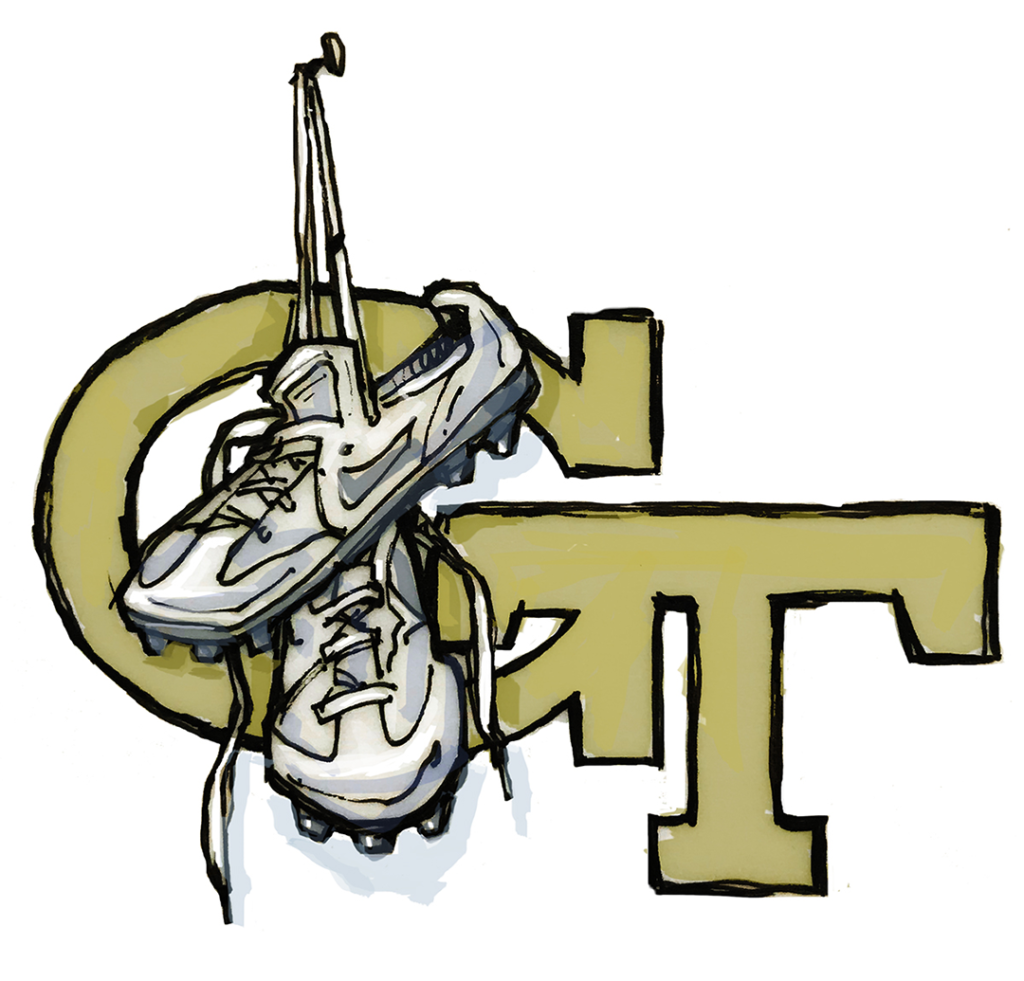
“I think we’re at one of the higher points right now,” Mays said. “We’ve got a lot of business industry coming into Covington, which is going to create good opportunities for kids that have grown up in this area. If they choose to want to come back, they may have something good from a work standpoint. I think this is a prime time to be living here.”
Though his involvement in sports has waned as his children have grown, Mays remains active as a part-time football and basketball referee with the Newton County Recreation Commission. He can envision a day in which he returns to the field to coach his grandchildren once his son and daughter start families of their own. Mays still lives by a basic principle that Curry relayed to him while he was at Georgia Tech: God first, then family, then career.
“I’m the kind of person that no matter what happens, no matter what I go up against, I feel like that what God has for me is for me, and I believe it’s going to be positive because I want it to be positive,” he said. “That’s the approach I take. When I’m faced with different obstacles, I feel like I’m not impacted like most people because of my belief system and where I know I get my strength and where I know I can get my answers.”
Click here to read more stories by Brian Knapp.

